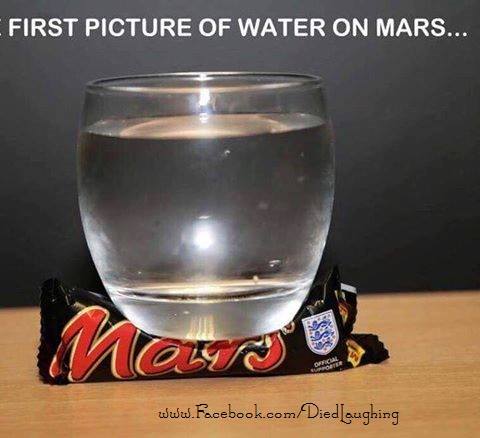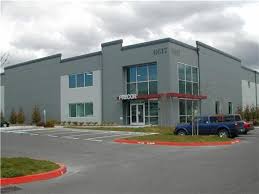 In a recent blog article, I wrote to you extensively on the subject of permanent loans. You will recall that a permanent commercial real estate loan is a first mortgage on a commercial property with a term of at least five years. Commercial loans with shorter terms are considered either mini-perms (1-2 years) or bridge loans (1-3 years).
In a recent blog article, I wrote to you extensively on the subject of permanent loans. You will recall that a permanent commercial real estate loan is a first mortgage on a commercial property with a term of at least five years. Commercial loans with shorter terms are considered either mini-perms (1-2 years) or bridge loans (1-3 years).
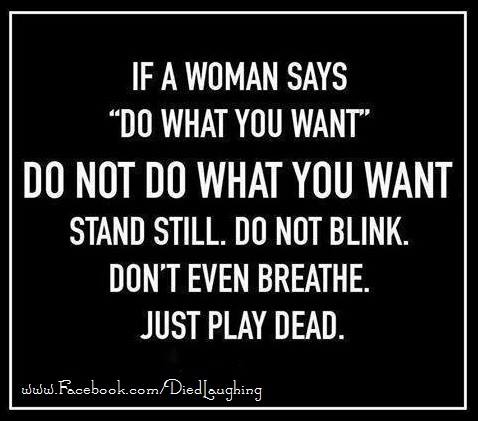
As to construction lending, banks are perfectly happy to make commercial construction loans, as long as the developer contributes a whopping 35% of the total cost of the project. What developer can contribute $3.5 million into a $10 million project? Why not also ask for the broomstick of the Wicked Witch of the West, while they're at it?
As to banks making commercial bridge loans, they are simply too slow.

Since commercial banks have the money to lend, it therefore makes sense to give them what they want. You should therefore be focusing exclusively on small commercial permanent loans. If you work on any other type of commercial real estate loan, the loan probably will not close, and you will not get paid.
Why am I recommending that you only work of small commercial permanent's? By "small" I mean commercial loans under $3 million. Small commercial permanent loans have by far the highest closing rate.
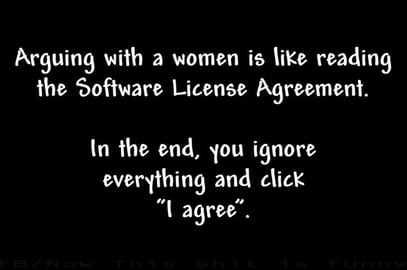
Why is the closing rate on small commercial deals so much higher than on the larger ones? First of all, the typical small commercial loan borrower is a small business owner who is busy running his tool and die shop or his auto repair facility. He really needs the help of a commercial mortgage broker, and he appreciates you.
While this small business owner may be worth a one or two million dollars, he is not so rich that banks are beating down his door. He therefore doesn't have some local bank quote in his back pocket that he can pull out to beat your best offer.
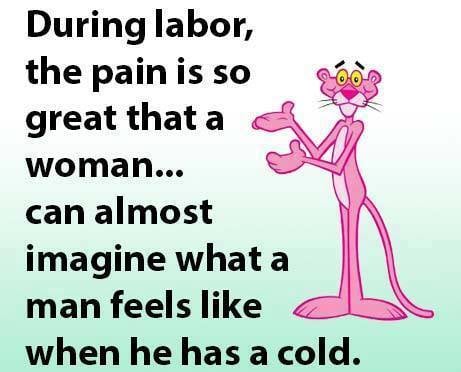
Because he is a business owner, as opposed to a professional real estate investor or developer, he is not terribly sophisticated about commercial lending. You know far more about commercial mortgage finance than he does. Because this small businessman doesn't know where to go to get the best quote on a commercial real estate loan, squeeky-clean and do-able deals often end up being submitted to commercial mortgage brokers, just like you.
In contrast, the real estate investors who own the large commercial properties and need large commercial loans are usually very wealthy and sophisticated. Some bank is almost certainly knocking on their door every month trying to sell them a loan. If you try to broker a large commercial deal, and the deal is clean, almost every time the borrower will reject your best offer because he has a quote directly from a bank, without a mortgage broker fee.

In fact, if a large commercial real estate loan does end up being submitted to a mortgage broker, there is usually something wrong with the deal. Perhaps there are too many vacancies, the deal doesn't cash flow, or the property is in a bad location. You can easily waste months working on a large commercial loan that was never do-able. In the meantime, you start to death.
So be smart. Stick to small commercial permanent loans for your first five years in this business.
